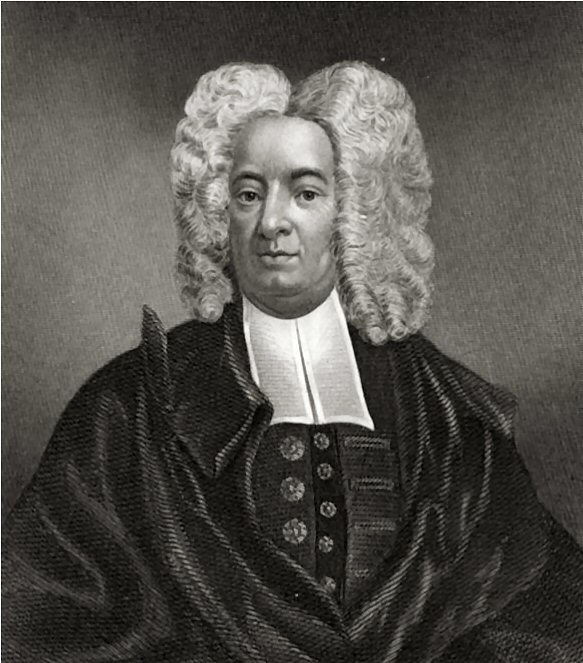Cotton Mather: Idézetek angolul
Magnalia Christi Americana https://archive.org/stream/magnaliachristia00math#page/n345/mode/2up (The New English History), Book III, p. 190 (1702).
Memorable providence, relating to witchcraft's and possessions. (1689) http://law2.umkc.edu/faculty/projects/ftrials/salem/ASA_MATH.HTM
“Religion brought forth Prosperity, and the daughter destroyed the mother.”
Magnalia Christi Americana http://books.google.com/books?id=49JdS7NoSawC&printsec=frontcover&dq=Magnalia+Christi+Americana#PPA63,M1 (The Ecclesiastical History of New England), s. 63 (1702). Mather, commenting on the spiritual condition of the colonies, cited an old saying in Latin: Religio peperit Divitias, et filia devoravit matrem.
As quoted in Zirkle, Conway (1935), The beginnings of plant hybridization p. 105
Stacy Schiff. "The Witches of Salem: Diabolical doings in a Puritan village", The New Yorker, September 7, 2015, pp. 46-55.
